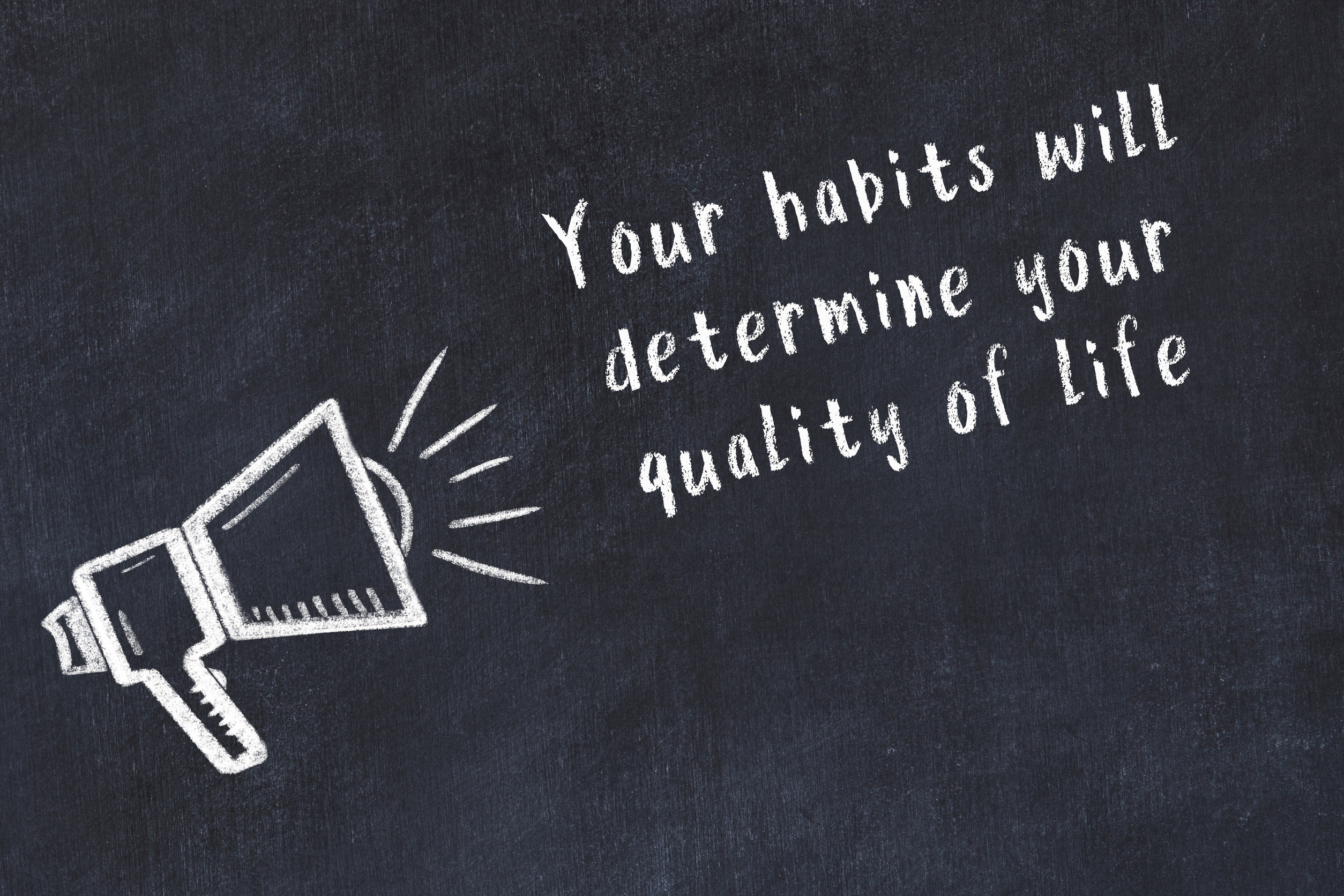
Image Source: unsplash.com
Dating in today’s world can be challenging. While we often focus on finding the perfect match, it’s equally important to recognize potential red flags in ourselves that might be sabotaging our romantic prospects. Research shows certain traits consistently emerge as dealbreakers in relationships. The good news? With awareness and effort, these traits can be addressed.
1. Poor Hygiene and Grooming Habits
Poor personal hygiene ranks consistently as one of the top dealbreakers across multiple studies. This includes neglecting basic dental care, body odor, and unkempt appearance.
Research from Charles University found that maintaining good hygiene is among the most important traits people look for in potential partners across different cultures. This evolutionary response helps us avoid potential health threats and signals youth and fertility.
How to fix it: Establish a consistent hygiene routine including regular showers, dental care, and clean clothes. Invest in quality grooming products and consider natural fibers for better body odor management. Regular health check-ups, including dental visits and STD screenings, are essential.
2. Addiction Issues
Substance abuse and other addictive behaviors signal potential instability in a relationship. Whether it’s alcohol, drugs, gambling, or even technology addiction, these issues suggest an inability to maintain healthy priorities.
How to fix it: Acknowledge the problem and seek professional help. Recovery programs, therapy, and support groups can provide the structure needed to overcome addiction. Be transparent about your journey with potential partners, as honesty builds trust.
3. Excessive Neediness and Clinginess
Constantly requiring reassurance, texting excessively, or becoming jealous when your partner spends time with others signals insecurity and can suffocate a relationship.
How to fix it: Work on building self-confidence and developing your own interests. Practice healthy independence by maintaining friendships and hobbies outside your romantic relationship. Consider therapy to address underlying attachment issues or anxiety.
4. Promiscuity and Infidelity Concerns
While sexual history shouldn’t define someone’s worth, patterns of infidelity or an inability to commit can raise legitimate concerns for potential partners seeking long-term relationships.
How to fix it: If commitment has been challenging, explore the underlying reasons through self-reflection or therapy. Practice honesty in relationships and set clear boundaries. Remember that building trust takes time and consistency.
5. Apathy and Emotional Unavailability
Showing little interest in your partner’s life, avoiding emotional conversations, or maintaining a “cool” detachment makes meaningful connection impossible.
How to fix it: Practice active listening and asking follow-up questions about your date’s interests and experiences. Consider whether past relationship trauma might be causing emotional walls, and seek professional help if needed. Start small by sharing your own feelings more openly.
6. Lack of Ambition or Direction
Being unmotivated or directionless in life can be a significant turnoff. This doesn’t mean you need to be wealthy or have a prestigious career, but having goals and working toward them is attractive.
How to fix it: Identify what truly interests you and set achievable goals. Take small steps toward personal growth, whether through education, career development, or pursuing meaningful hobbies. Celebrate progress rather than focusing only on end results.
7. Constant Negativity and Complaining
Perpetual pessimism drains energy from relationships. Constantly complaining, criticizing others, or focusing on problems without solutions creates an exhausting dynamic.
How to fix it: Practice gratitude daily by noting positive aspects of your life. Challenge negative thoughts by asking if they’re truly accurate or helpful. Seek professional help if negativity stems from depression or anxiety.
8. Poor Communication Skills
Inability to express needs, excessive conflict avoidance, or conversely, aggressive communication styles all undermine relationship potential.
How to fix it: Learn and practice healthy communication techniques like “I” statements instead of accusations. Develop comfort with appropriate vulnerability. Consider books, workshops, or therapy focused on communication skills.
9. Disrespect Toward Others
How you treat service workers, talk about ex-partners, or behave toward family members reveals character. Disrespect toward others is often a preview of how you’ll eventually treat a partner.
How to fix it: Practice empathy by considering others’ perspectives. Address anger management issues if necessary. Make a conscious effort to speak respectfully about others, especially exes, as this demonstrates emotional maturity.
10. Unwillingness to Compromise
Relationships require give and take. Rigidity and an inability to consider others’ needs make partnership impossible.
How to fix it: Practice flexibility in small decisions first. Distinguish between core values (where compromise may not be appropriate) and preferences (where flexibility is healthy). Remember that compromise doesn’t mean always giving in, but finding mutually acceptable solutions.
Finding Balance in Self-Improvement
While addressing these traits is important, psychologist Zsófia Csajbók warns against expecting perfection in yourself or others. “A good relationship is not about finding someone perfect; it’s about finding someone willing to put in the effort to make it work,” she explains.
The most attractive qualities might be self-awareness and a willingness to grow. Being able to acknowledge imperfections and work on them demonstrates emotional intelligence that is highly valued in relationships.
What relationship dealbreakers have you encountered or worked to overcome? Share your experiences in the comments below!
Read More
9 Things Experienced Women Won’t Put Up with in Relationships
9 Ways People Test You in Relationships Without Saying a Word











